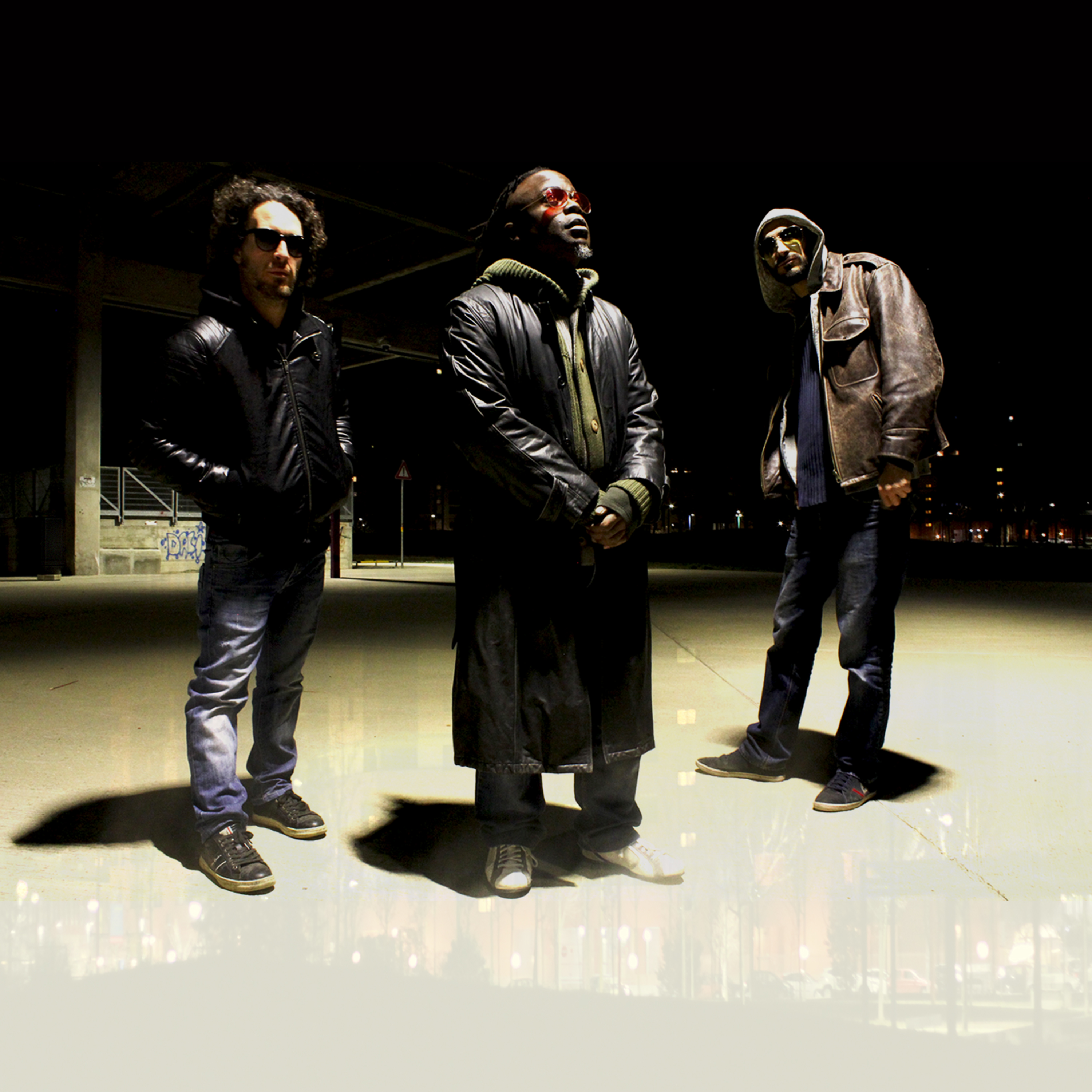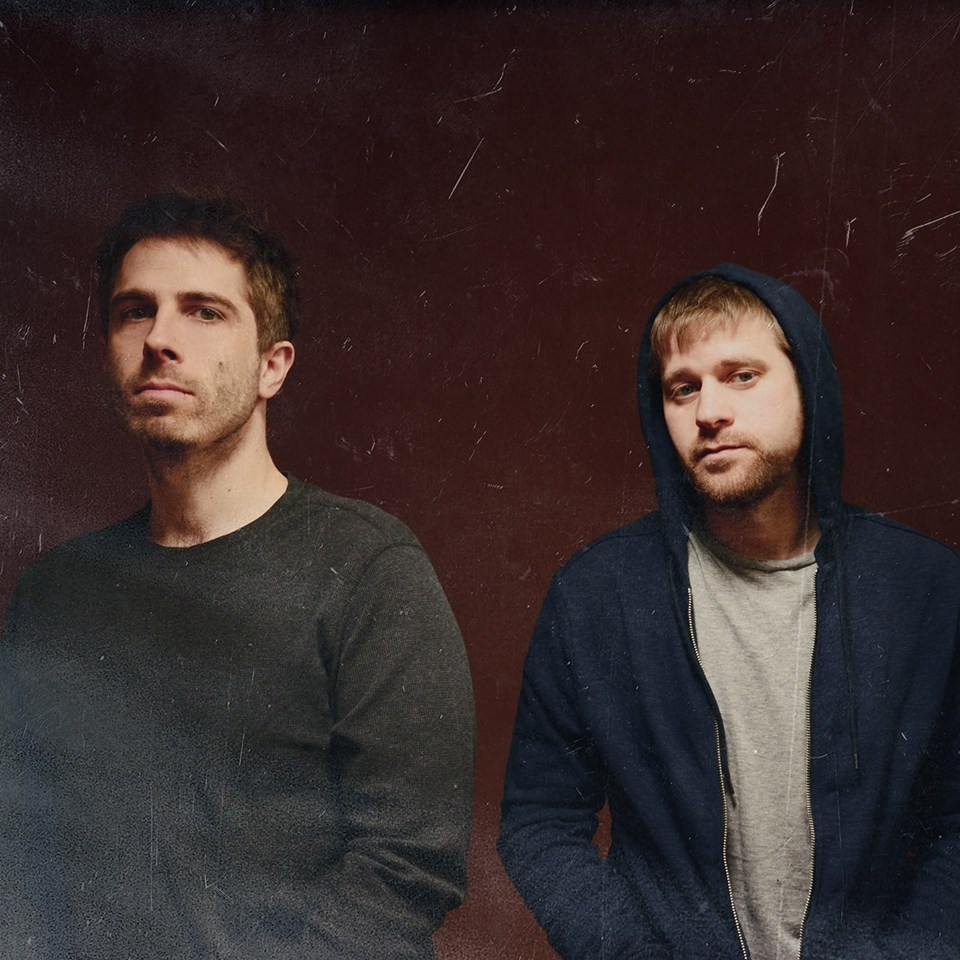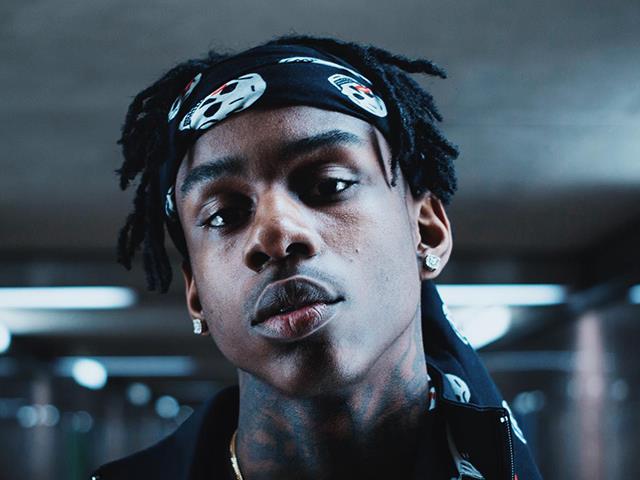Writing About Music: ‘It’s Like Dancing About Architecture’
Editor’s note: As part of CMN’s music journalism program, we asked our team of music writers to answer this question by filling in the blanks: Writing about music is like ____ about ____. You can see how all the participants answered the question here.
Ever heard the saying “writing about music is like dancing about architecture”? It sounds cooky, but the message is accurate: writing about music is difficult because sometimes physical language is insufficient to express the emotional language of music.
Turns out that a whole team of scientists at The Royal Institute of Technology in Stockholm took this sentiment to heart and researched the emotional response to music in order to understand why music is so difficult to describe and discover how we can discuss it more accurately.
Music can be discussed in an academic way — using music theory terminology, describing the melody, talking about the tempo, or even technical terms like chord structure, what genre it belongs to, or the instruments used.
Although we do have language on an academic level to analyze a piece of music, to the listener who has no music theory education background, it can sound like gibberish and leaves baffled.
So why do we want a higher level of description when talking about music?
One of the study’s lead authors, Anders Friberg, explains: “By higher level semantic description we mean something that can be characterized in a few words, something like the final judgment of listening […]. It could be emotions, mood, if you like it or not, genre, etc. Thus, it is not related to basic parameters like tempo or melody.”
Discovering how to communicate the emotional attachment to music could be useful in categorizing music. Applications with music information retrieval could even be improved.
And it’s probably no coincidence the Friberg and his team work within close proximity of Spotify’s office.




